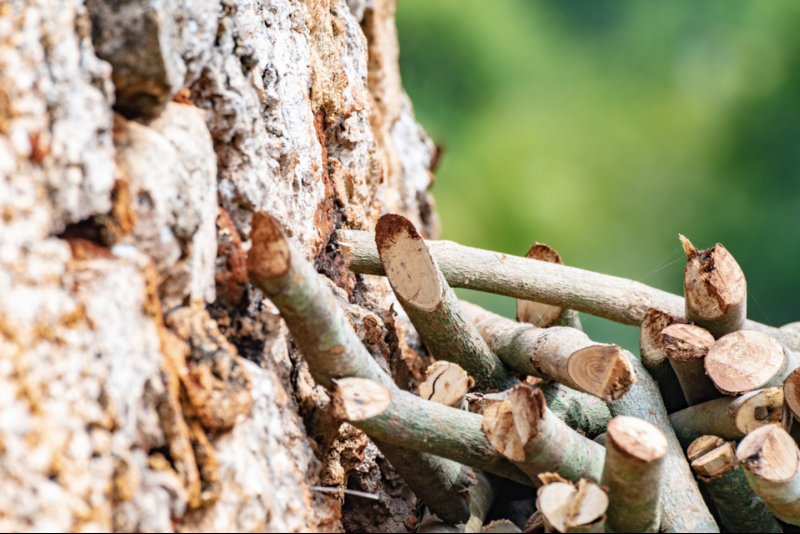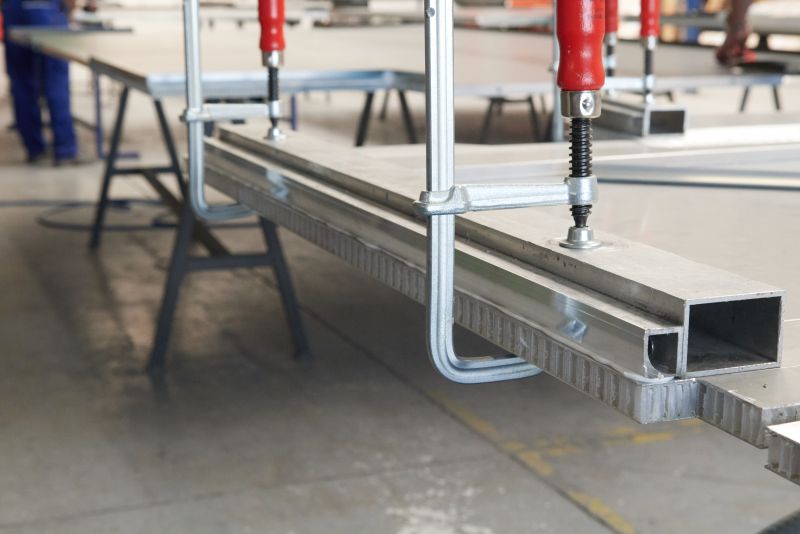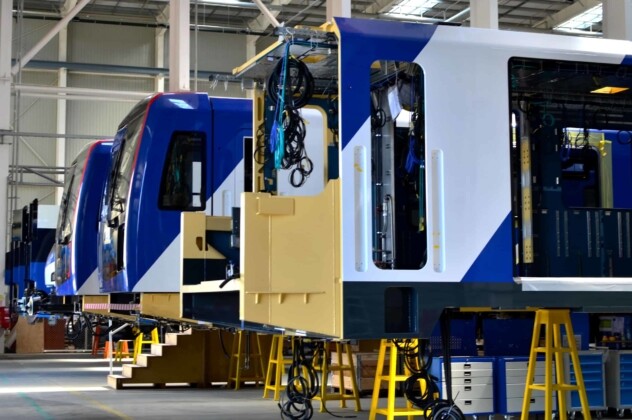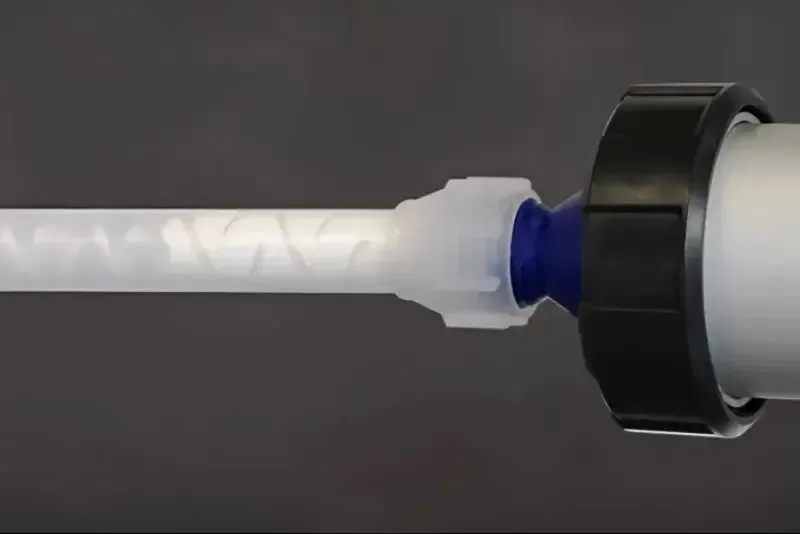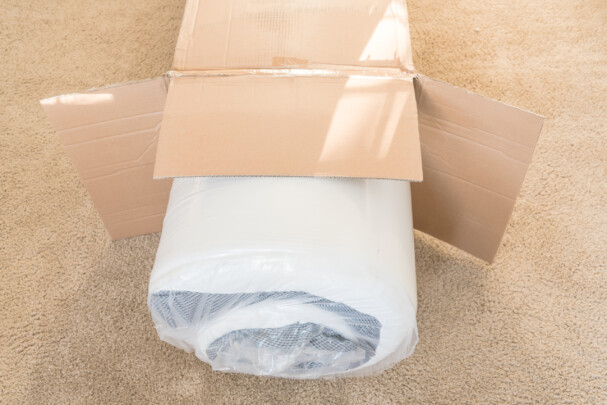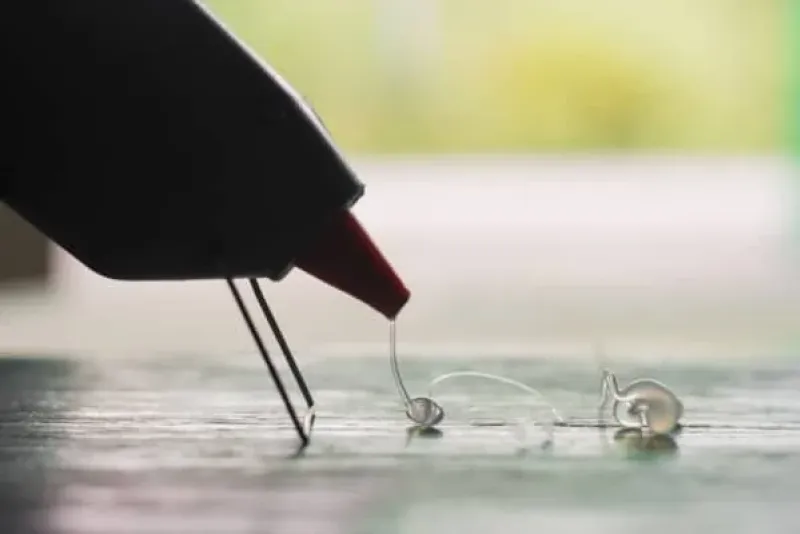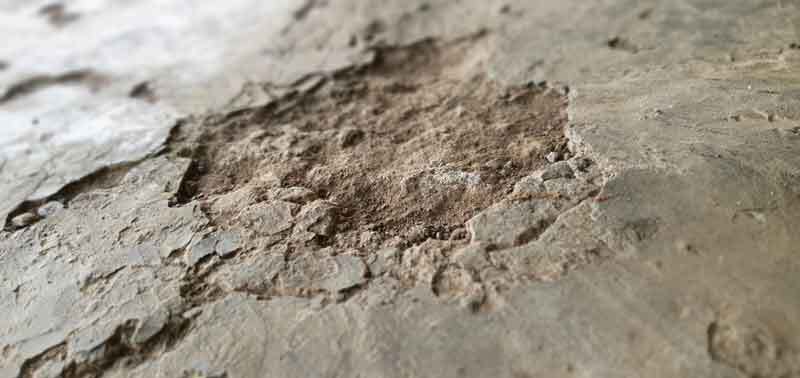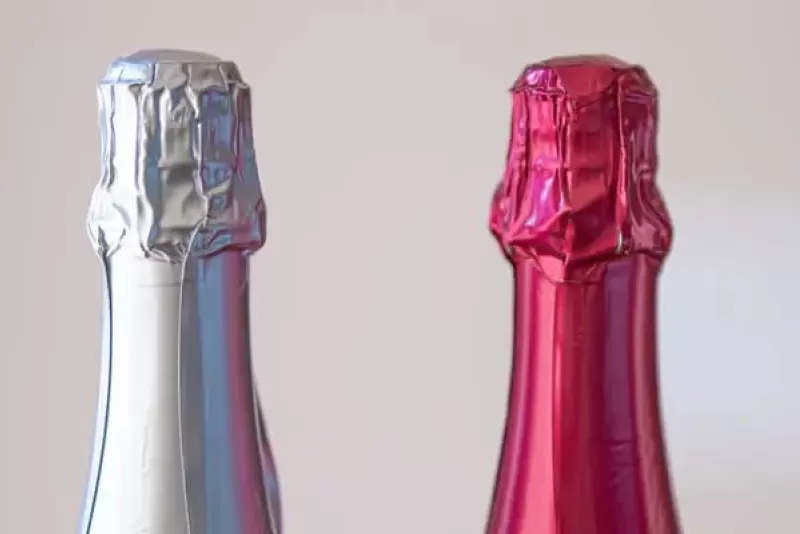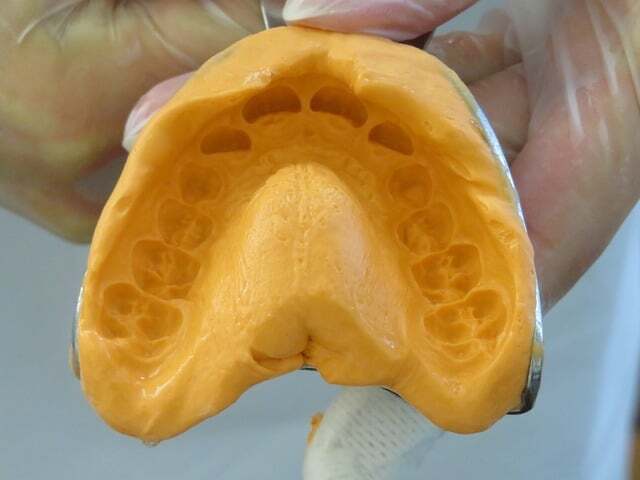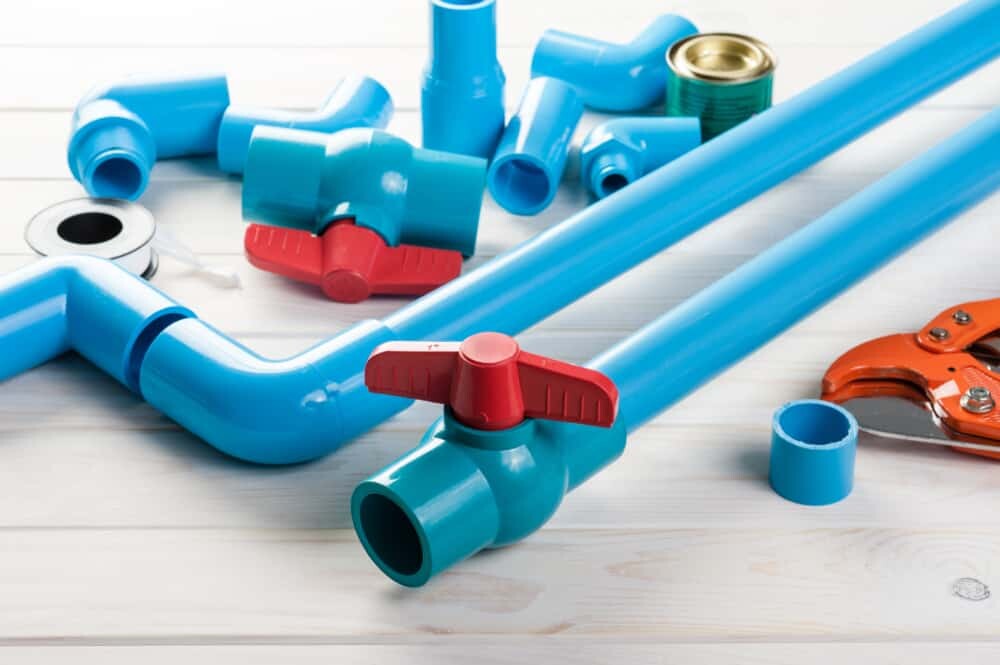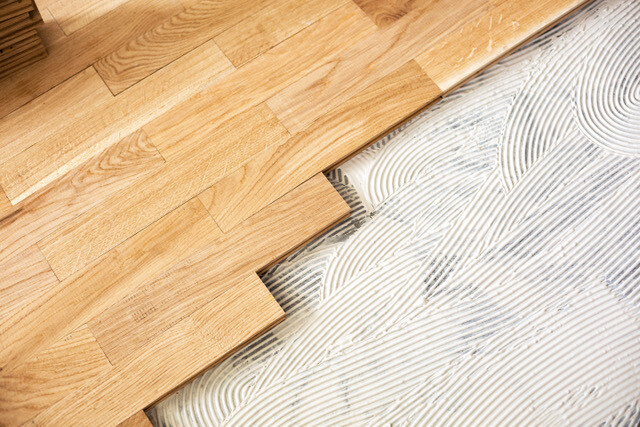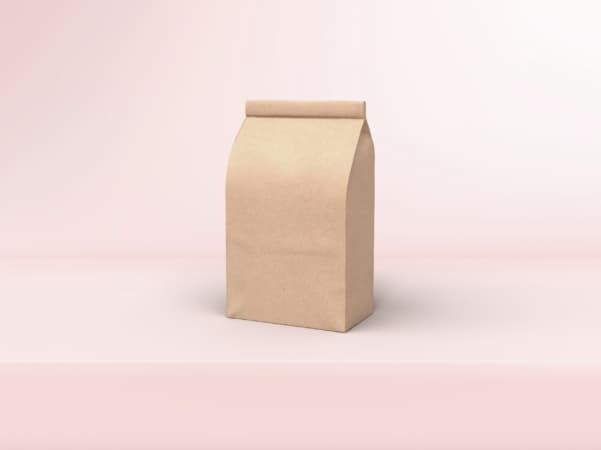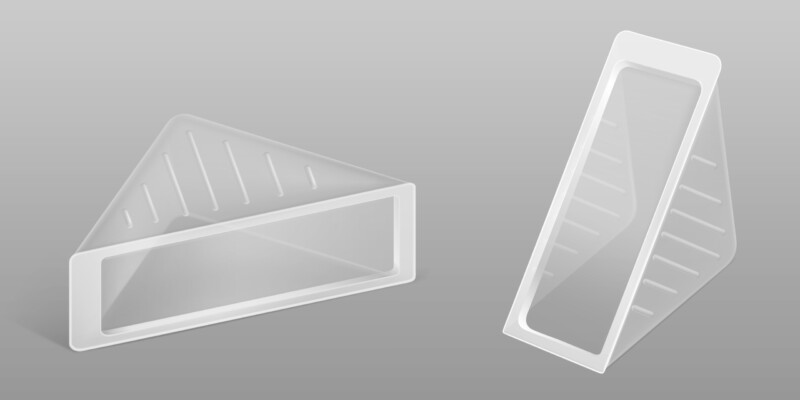Industrial coatings
Which innovative industrial coating meets your requirements?
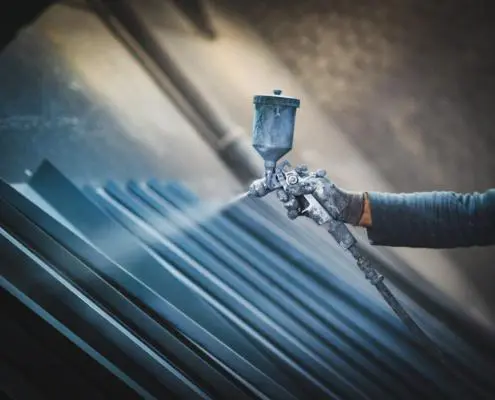
Industrial coatings are protective (or decorative) finishes applied to various surfaces to enhance durability and resistance to wear, corrosion, and other environmental factors. To provide this protection, the coating must ensure that these influences do not penetrate the surface to which the coating is applied. Therefore, the coating itself must be resistant to these influences.
For years, coatings were produced that not only protected the surface from external influences, but also were non-biodegradable or even harmful to health. Examples include coatings based on petroleum, lead or chromium.
adhesives+coatings helps users of industrial coatings to innovate and at the same sime to become more sustainable by delivering a greener, customised coating that has the right properties for their project and production process.
To help you make a good coating choice for your application, we would like to give you more information on what to look for when choosing the right industrial coating.
DIFFERENT FUNCTIONS OF INDUSTRIAL COATINGS
Coatings have a wide range of applications, from protecting concrete floors to making surfaces water-repellent to preserving food in packaging. Coatings are everywhere. And each and every application has a different set of requirements.
For example, industrial coatings are often used for the following properties:
- Protection of surfaces against abrasion
- Protection against corrosion, e.g. from water, salt or chemicals
- Protection against dirt, grease and bacteria
- Water resistance
- Chemical resistance, e.g. by protecting the surface against certain acids
- UV resistance
- Fire resistance
- Static insulation, protection against the conduction of electricity
- Thermal insulation
- The application of coatings to modify the appearance of a product such as changing the color, texture, or degree of gloss.
The function of the coating will determine the desired properties.
DIFFERENT SUBSTRATES TO WHICH INDUSTRIAL COATINGS ARE APPLIED
Industrial coatings serve a variety of functions. The surfaces to which they are applied are also diverse. Coatings are all around us, often without us realizing it. This because a large proportion of coatings are transparent. Coatings are used on paper and paperboard, metals, concrete, wood, glass, clothing, floors and walls, bricks, ceramics, and more.
These different substrates react differently to the application of a coating. For example, they differ in the degree of adhesion, discoloration and structural changes. When selecting an industrial coating, it is important to consider not only what function the coating will perform, but also what effect the coating may or may not have on the surface to be treated.
INDUSTRIAL COATINGS IN VARIOUS SUBSTANCES
The coating you are looking for, what substance should it have? Are you looking for a coating for a production process, or a coating that can be applied to the finished product on site?
Coatings are available in various substances:
- Powder coatings
- Fluid coatings, such as oil based and water based coatings
- Coating films
- Coatings based on various substances, such as epoxy coatings
The choice of the coating substance depends on the type of surface to be coated, the properties desired in the coating, and the specific application.
APPLICATION METHODS OF INDUSTRIAL COATING
Finally, when choosing the right industrial coating, it is also good to consider which application method is desired and fits into your process. There are several ways to apply the coating, depending on the substance of the coating and the desired thickness of the coating layer
Spray coating
This method is commonly used for large, complex surfaces and can provide a uniform and consistent coating thickness. Spray coating is widely applied in production environments, but also on site.
Brush coating
This method is widely used for liquid coatings and makes it easy to apply the coating in any location. It is widely used for smaller areas. And often, multiple layers provide a thicker coating layer and higher protection.
Roll coating
This method is suitable for larger areas and is often used in combination with other application methods.
Dip coating
The surface to be treated is dipped in the coating material and then dried (in air or in a heating system). A good method for smaller objects in particular.
Electrostatic spraying
By electrically charging the coating material and spraying it in small particles onto the surface to be treated, the coating adheres to the substrate. This method is widely used in the automotive industry for metal spraying, but is also widely used outside this industry.
Curtain coating
The coating is a solid substance that forms a kind of layer over the surface. This application is often used in the production of packaging materials, for example. It is an ideal way to provide large surfaces with a coating of constant thickness.
INNOVATIVE AND DURABLE INDUSTRIAL COATINGS
The coatings market is changing rapidly. There are now alternatives to many traditional, industrial solvent-based coatings that are not inferior in performance but are biodegradable. Examples include coatings made from vegetable oils, starches, cellulose, proteins or corn. Innovative new techniques are being used to convert these raw materials into coatings.

